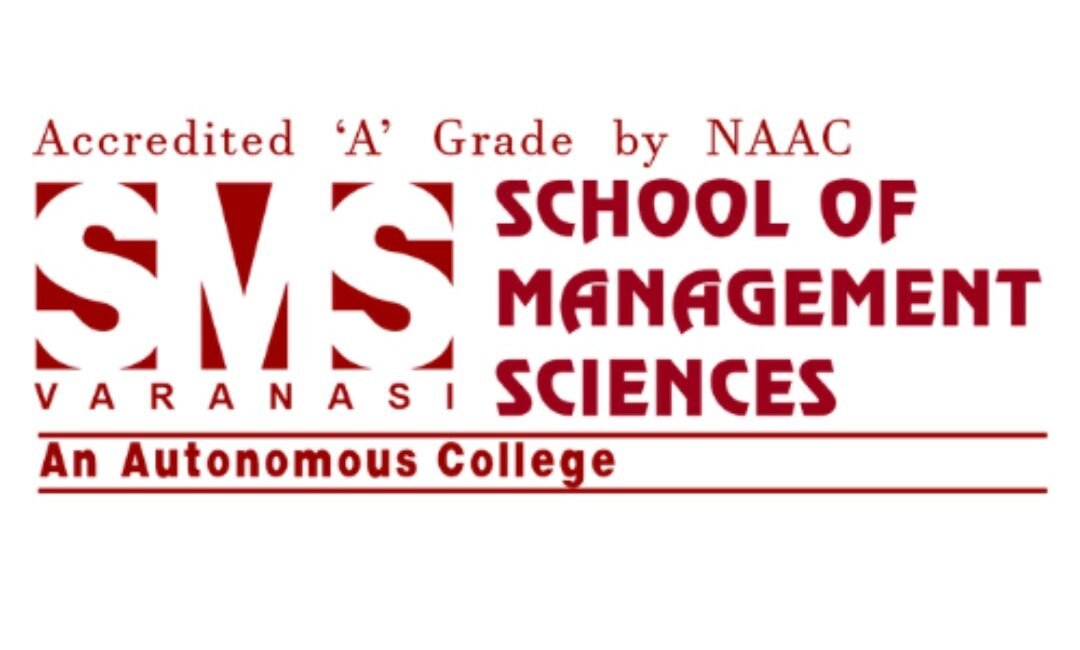
In today’s competitive academic landscape, one question echoes among students pursuing BCA (Bachelor of Computer Applications) or MCA (Master of Computer Applications): How much CGPA is good to secure a strong future? Whether you’re targeting top IT firms, government jobs, or further studies abroad, CGPA can be a determining factor in your career trajectory.
Let’s explore the significance of CGPA, understand what’s considered a “good” score, and how it impacts opportunities after your degree.
Understanding CGPA in the Indian Education System
CGPA, or Cumulative Grade Point Average, is a standardized grading system used to reflect a student’s academic performance over semesters. Unlike percentage systems, CGPA provides a scaled evaluation (typically on a 10-point scale) which helps in comparing academic merit more efficiently across institutions.
For most Indian universities offering BCA or MCA programs, the CGPA is calculated on a 10-point scale. A 7.0 or above is generally considered respectable, while anything above 8.5 is viewed as excellent. But how much CGPA is good depends on what your post-degree goals are.
Why CGPA Matters for BCA and MCA Students
CGPA plays a crucial role in shaping academic and professional futures:
- Campus Placements: Many IT companies set a minimum CGPA cut-off (usually 6.5–7.0) to shortlist candidates for interviews.
- Higher Education (India & Abroad): Universities, especially abroad, look for consistent academic records. A CGPA of 8.0+ strengthens your chances.
- Internships: Quality internships often prefer students who maintain a CGPA above 7.5.
- Scholarships and Fellowships: These opportunities often require a minimum of 8.0 or even higher.
- Government Examinations: Some exams or job roles require a minimum CGPA or equivalent percentage for eligibility.
So, if you’re wondering how much CGPA is good, the answer depends on which career path you wish to pursue. Let’s break it down further.
Ideal CGPA for Different Career Goals
1. For Campus Placements
For BCA or MCA students eyeing placements in companies like Infosys, Wipro, TCS, or Accenture, a CGPA of 7.0 or above is typically acceptable. However, top-tier product-based companies like Google, Amazon, or Adobe often expect a CGPA of 8.5+, along with strong technical skills and project experience.
2. For Higher Studies in India
If you plan to pursue an M.Tech or Ph.D. after MCA, institutions like IITs and NITs may require a minimum CGPA of 7.5 to 8.0, especially for entrance test eligibility or direct admissions.
3. For Studying Abroad
Universities in the US, UK, and Europe assess your academic consistency through transcripts. A CGPA above 8.0 improves your chances of getting into good graduate programs, especially when paired with competitive GRE/IELTS/TOEFL scores.
4. For Government or PSU Jobs
Certain PSU recruitments consider CGPA while evaluating academic performance. For example, organizations like ISRO, NIC, or DRDO may require a CGPA of 7.5+ or a 65–70% equivalent.
Is a High CGPA Always Necessary?
A high CGPA is undoubtedly beneficial, but it isn’t the only measure of success. In technical fields like BCA or MCA, your skills, certifications, internships, and projects also play a huge role. A student with a CGPA of 7.0 but excellent project work and relevant certifications can often outshine a peer with 9.0 but little practical exposure.
Additionally, companies today look for problem-solving ability, teamwork, communication, and adaptability, especially in software development and data-related roles. So, while asking how much CGPA is good, also ask how well-rounded your profile is.
What to Do If Your CGPA Is Low?
Not every student starts off strong. If your CGPA is below 7.0, you can still make up for it in several ways:
- Upskill Through Certifications: Learn trending technologies such as Python, Cloud Computing, Data Science, or Cybersecurity.
- Work on Projects: Build a strong GitHub portfolio. Real-world applications show practical knowledge.
- Internships: Gain hands-on experience during summer or winter breaks.
- Networking and Competitions: Participate in coding contests, hackathons, and seminars to expand your learning and connections.
- Focus on Final Semesters: Improvement in later semesters shows academic maturity and consistent progress.
Tips to Maintain a Good CGPA in BCA/MCA
- Stay Consistent: Focus on all subjects, not just your favorite ones.
- Manage Time Wisely: Stick to a timetable that includes study, rest, and recreation.
- Seek Help Early: Don’t hesitate to approach professors or peers when you’re stuck.
- Work Smart: Understand the syllabus pattern and previous year’s question trends.
- Participate Actively: Attend workshops, submit assignments on time, and be engaged in class discussions.
Final Thoughts
So, how much CGPA is good for a BCA or MCA aspirant? While a CGPA of 7.5 or above is generally safe and 8.5+ is ideal for competitive options, it’s equally important to develop a versatile skillset. Your academic performance should be complemented by hands-on experience, strong communication, and a proactive learning attitude.
In a digital-first era, where technology evolves rapidly, being a well-rounded learner often matters more than a perfect score. Aim for a CGPA that keeps your opportunities open, but also invest time in becoming job-ready and future-proof.
Conclusion
Grades do matter—but they are not the only thing that defines your success in tech careers. Instead of obsessing over a number, ask yourself: Am I continuously learning and applying knowledge? If the answer is yes, you’re already ahead in the game.
So, aim high—but also grow wide. That’s the real formula for success in your BCA or MCA journey.
Rea Also: From Campus to Corporate: Transition Tips for B.Com Students

